As a business, you need to do all you can in order to protect your data and keep everything secure. After all, it’s likely you process and use a lot of data and if this were to fall into the wrong hands, the results could be severely damaging. If you are a company that uses VoIP which is essentially the technology that converts your voice to a digital signal, you need to keep it secure. The majority of businesses use VoIP perhaps without even realising, when making calls such as over Skype or other internet services. VoIP attacks can seriously weaken the security of your business, so if you are looking to stop this, we’ve put together the top ways you can counteract it. From SIP protection to having the relevant steps in place, it’s sure to help.
What are some of the most common risks associated with VoIP attacks?
There are many risks that VoIP can leave you open to. These come in the forms of spam, malware, call hijacking, call tempering, service theft and more. It can be difficult to spot things such as spam or malicious links and that’s why it’s so important to be clued up on how to recognise what is a hackers email or link and what isn’t.
What can you do to counteract these risks or attacks?
Luckily, there are things you can do to help counteract these risks. This includes:
- Using a VPN – A VPN helps to hide your location and doesn’t pinpoint you down to a certain place. This means you have an extra layer of security that hackers have to get through in order to infiltrate your system.
- Encrypting all your data – If you encrypt your data it means that even if hackers do steal it or manage to gain access to it, it is a lot harder for them to actually do something with it.
- Set up strong passwords and two-factor authentication – It’s important that you set up strong passwords for all your systems and that they are also protected with two-factor authentication. This means that you usually have to enter a code sent to your email or phone number once you have entered your password. This extra level of security helps to keep your data safe and secure.
- Have security frameworks in place – It can be a good idea to work with an external team to handle your VoIP security as they will be able to ensure it’s safe from attacks. They can set up dedicated information security frameworks that keep your data protected.
- Set up private LANs – If your network is open to everyone, this opens the risks up too. Instead, set up a LAN (private local area network) which is internet access that is only accessible through an invite. This is vital if you handle sensitive data.
- Use firewalls and antivirus software – Firewalls and anti-virus software are both extremely important when it comes to counteracting VoIP attacks. They can both stop them from infiltrating your systems as well as recognise them so you can ensure it doesn’t happen again in the future.
